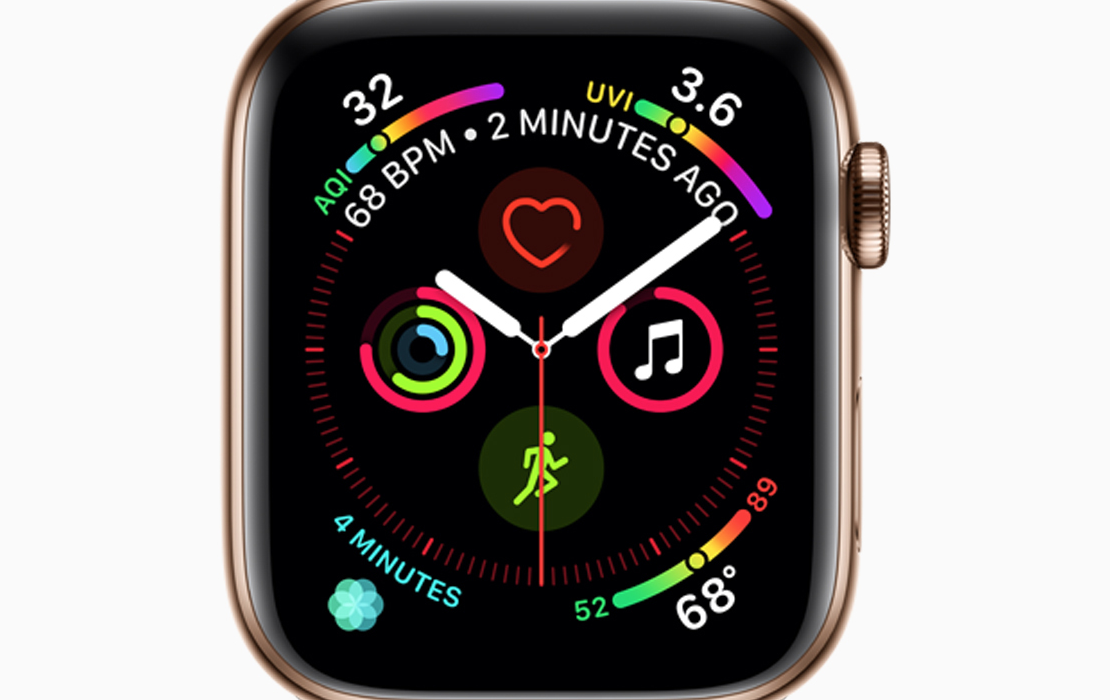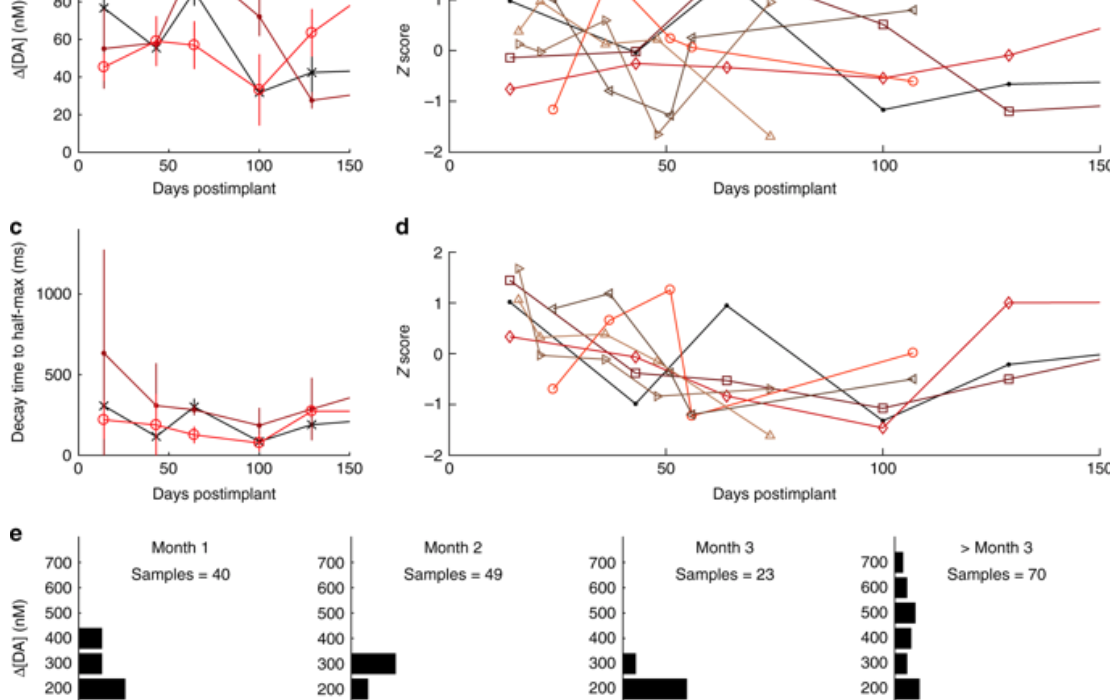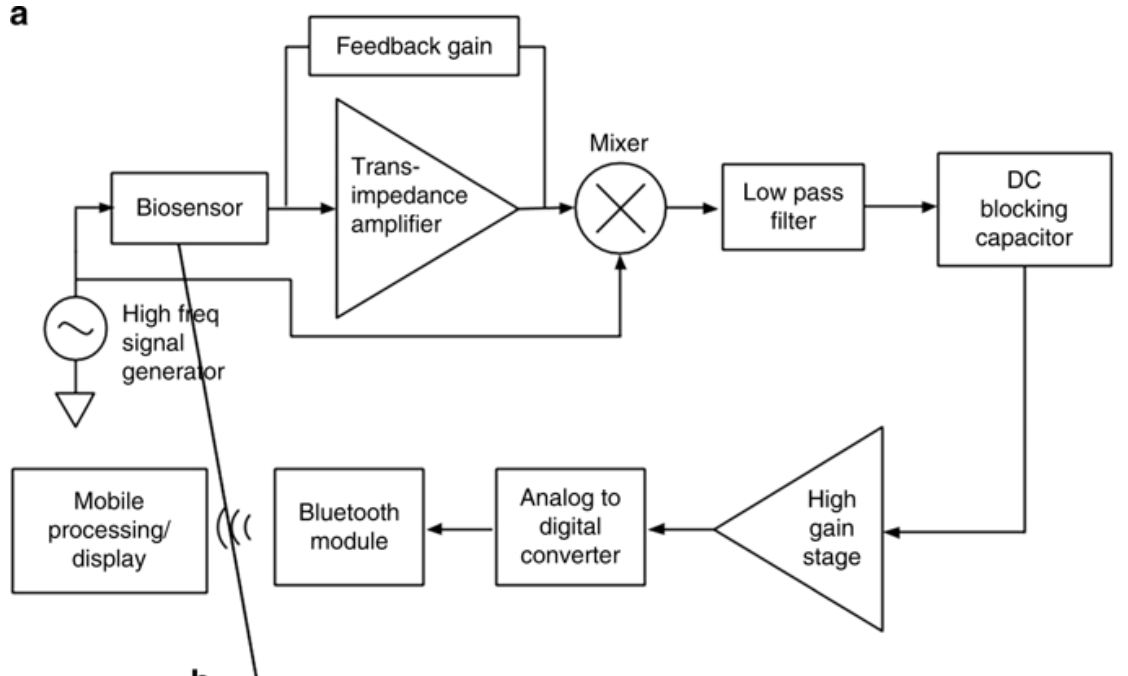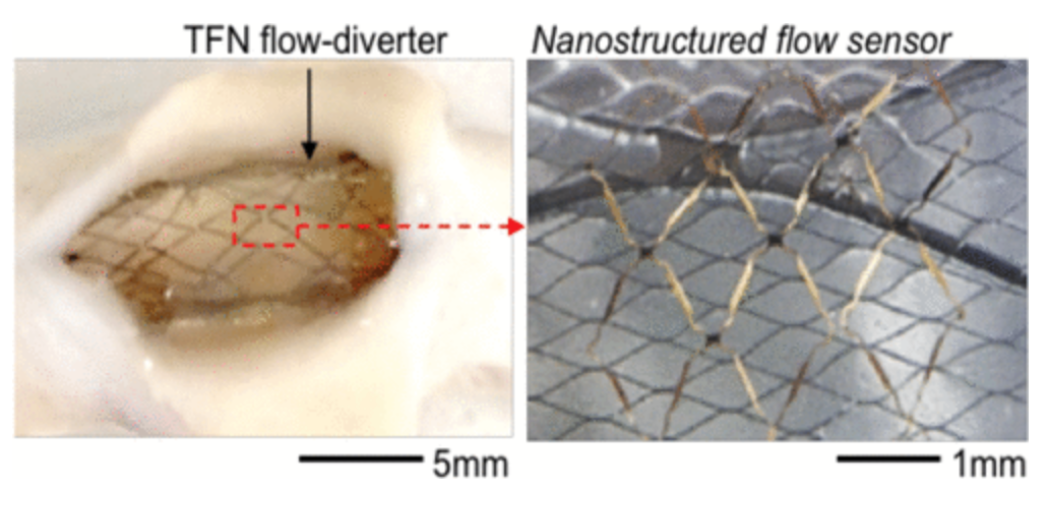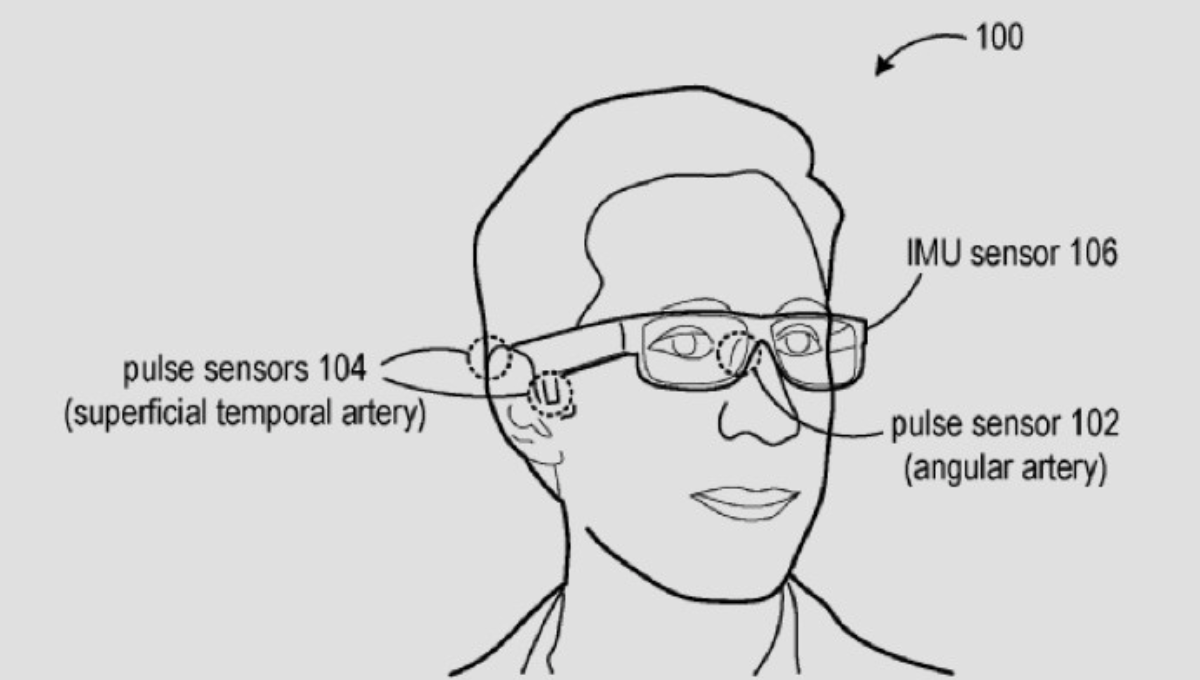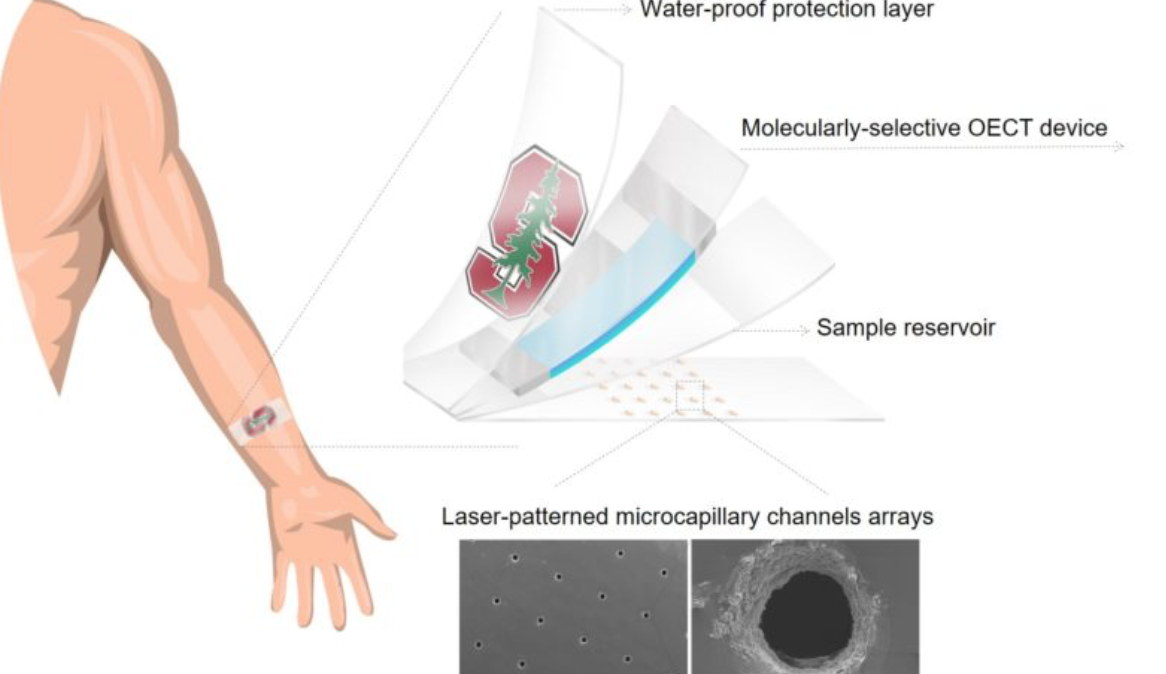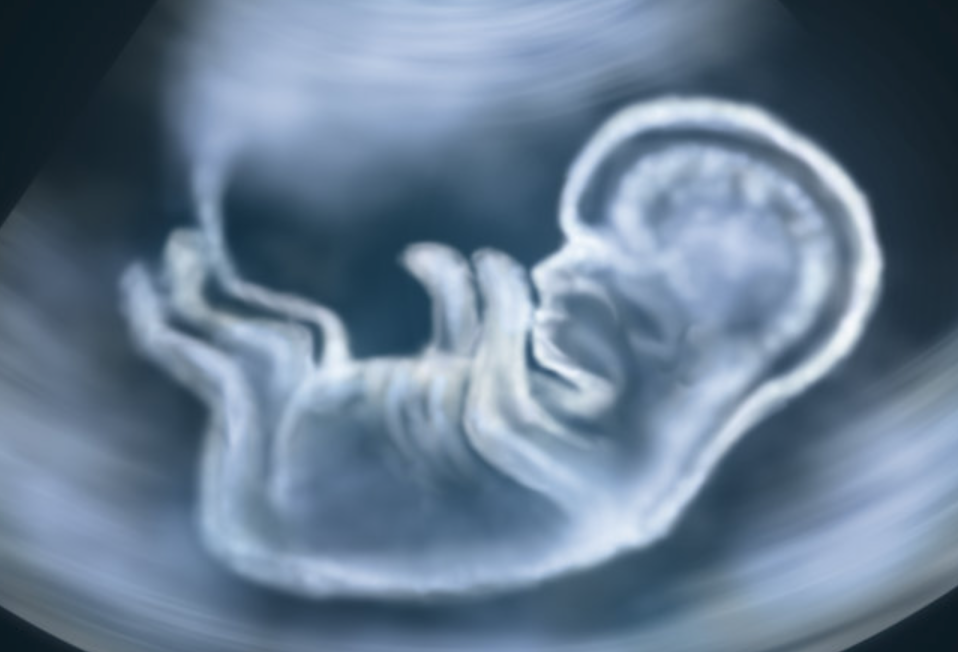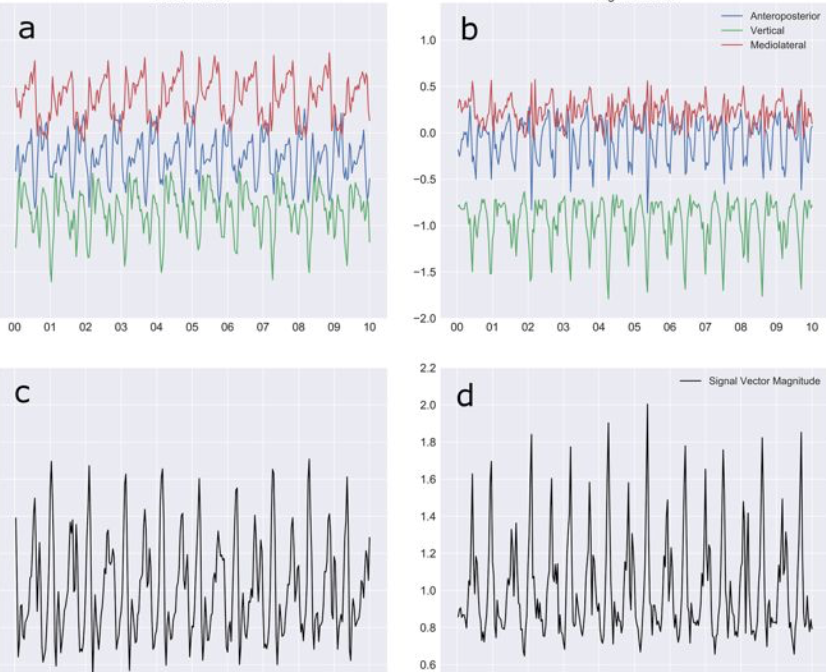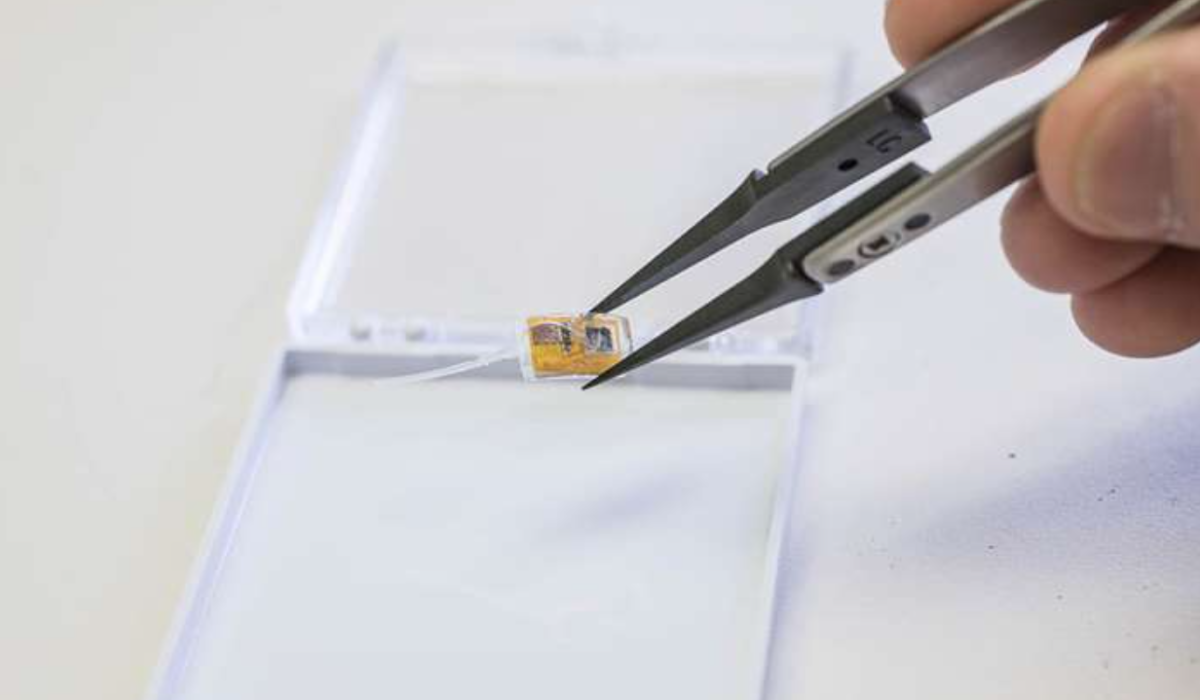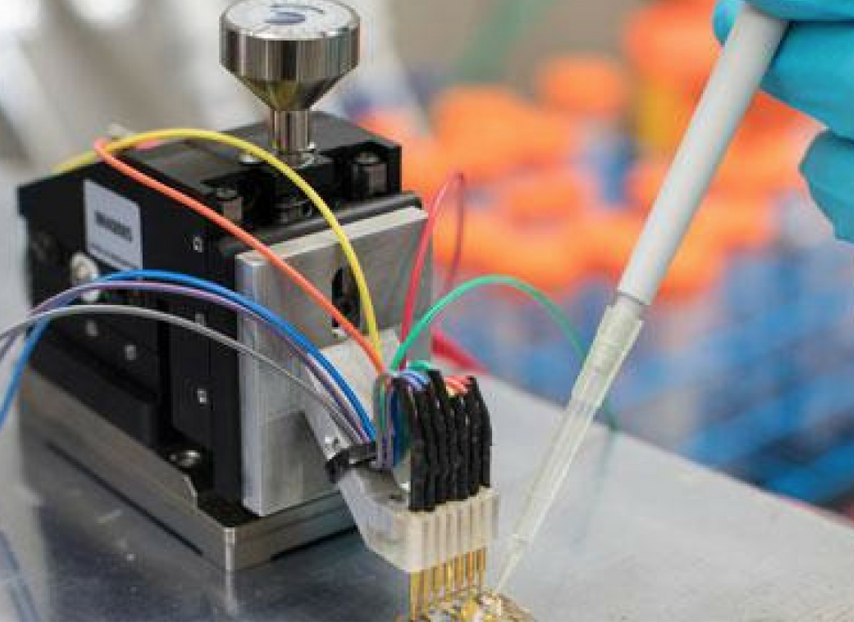The Apple Watch has become a serious medical monitor. It will now be able to detect falls, contact emergency responders, and diagnose irregularities in heart rhythm and blood pressure. Its ECG app has been granted a De...
curated by ApplySci
Sensors
Implanted sensors track dopamine for a year
Helen Schwerdt, Ann Graybiel, Michael Cima, Bob Langer, and MIT colleagues have developed and implantable sensor that can measure dopamine in the brain of rodents for more than one year. They believe that this...
Wrist wearable measures blood counts, bacteria, air particles
Rutgers scientists Mehdi Javanmard and Abbas Furniturewalla have developed a wrist wearable that can count particles, including blood cells, bacteria, and organic or inorganic air particles. Red blood cell counts can indicate internal bleeding. High or...
Sensor could continuously monitor brain aneurysm treatment
Georgia Tech’s Woon-Hong Yeo has developed a proof of concept, flexible, stretchable sensor that can continuously monitor hemodynamicswhen integrated with a stent like flow diverter after a brain aneurysm. Blood flow is measured using capacitance changes....
Continuous blood pressure monitoring glasses
Microsoft’s Glabellaglasses, developed by Christian Holz and Edward Wang, will have integrated optical sensors that take pulse wave readings from three areas around the face, according to their recently granted patent. Blood pressure is...
Wearable sweat sensor measures cortisol levels
Stanford’s Alberto Salleohas created a patch that continuously monitors cortisol levels in sweat. Potential uses include sports performance measurement, early disease detection, adrenal and pituitary gland monitoring, and evaluating the emotional state of young...
Wearable acoustic sensors track fetal cardiac activity, skeletal development
Acoustic sensors are increasingly used in monitoring fetal health. Imperial College’s Niamh Nowlan is using low cost, non-transmitting accelerometers and acoustic sensors to continuously track fetal movementto understand skeletal development. Acoustic sensors enable discrimination between the...
Gait sensor predicts senior falls
University of Illinois professors Bruce Schatzand David Buchnerhave developed a system to predict senior fall risk using motion sensors that measure walking patterns. 67 women over 60 were testedon walking ability, detailed past annual...
Eye implant measures pressure, releases fluid, in glaucoma
Caltech’s Azita Emami, Aubrey Shapero, Abhinav Agarwal and colleagues have developed a miniaturized, fully wireless, highly-sensitive, implantable, continuous pressure sensor that can remain in the human eye for four years. The goal is early...
Cheap, molecular-wired, metabolite-measuring sensor
Cambridge’s Anna-Maria Pappa, KAUST’s Sahika Inal, and colleagues have developed a low cost, molecular wired sensor that can measure metabolites in sweat, tears, saliva or blood. It can be incorporated into flexible and stretchable...
